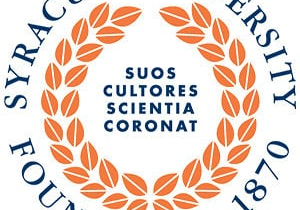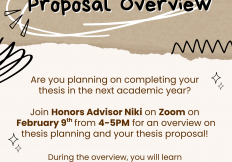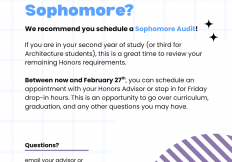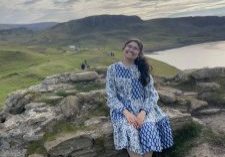
Cross posted from the Center for Fellowship & Scholarship Advising (CFSA) blog!
Hiking in the south of Chile during his semester abroad, mechanical engineering student Geoffrey Vaartstra learned that he was named a 2016 Astronaut Scholar. This prestigious scholarship recognizes outstanding students in engineering, natural, and applied students that show initiative and creativity in their field. Geoffrey conducts research in Professor Shalabh Maroo’s laboratory and is interested in the water and energy nexus. Geoffrey was also named a Goldwater Honorable Mention this spring.
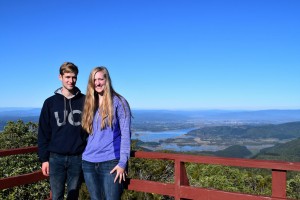
Geoffrey and his sister hiking in Parque Oncol, Chile, where he learned he was a named a 2016 Astronaut Scholar.
Through the application process, Geoffrey practiced how to articulate his aspirations effectively. He learned how to bring his application to life by describing some of his interests outside the lab, and was surprised by how he could synthesize his research and his hobbies to present a unique and authentic profile.
Congratulations Geoffrey! Read CFSA’s interview with Geoffrey, including advice for future applicants, below.
What was the application process like?
The nomination stage of the application process was out of my hands. Or rather, I did not submit an application nor even know about the nomination. Upon being informed of my nomination by my college, I had a short time to complete the application paperwork and prepare a personal statement. I say that I had a “short time” because I was about to leave for a semester abroad in Santiago, Chile and wanted to finish the application while I was still in Syracuse and could work with my advisors.
Did you learn anything during the application process?
I always struggle to write about myself—hobbies, interests, etc—and the Astronaut application heavily weighs the non-academic side of the applicants. For that reason, the application was very difficult for me as I had to move past the academic interests/merits that I am used to writing about and communicate my creativity and how my life outside of the classroom/laboratory relates to my aspirations. After spending hours coming up with what I thought was a boring description of things I do in my free time, I received great feedback from my advisors about the personal statement. I learned that people are more interested in my hobbies than I had thought. My profile came alive out of the page as I became not only a student who participates in research, but also a student excited to live in Latin America for a semester and to see the applications of my career from a whole new perspective.
The experience itself of putting together the application is worth the effort. Needing to translate my motivations and goals into clear thoughts on paper forced me to reflect quite a bit and I came out with a better understanding of myself and a clearer idea of my aspirations. Now that I have put these ideas onto paper, I find it much easier to talk about myself.
What advice do you have for future applicants?
My first word of advice is to have as many meetings as necessary with your advisors — they are the best resource available. They have plenty of experience with writing applications and I know I would have been overwhelmed to attempt to go through the process without their knowledge and experience. It also helped me quite a bit when I realized that it was important for me to be open and honest about myself. As much as I felt that I needed to write statements as if they were formulas giving exactly the “right” answers, the profile of myself that I was giving through the application did not really come together until I started writing what I really felt and being more vulnerable on the page.
How did you work with CFSA?
I was meeting regularly with Jolynn Parker to brainstorm and go over drafts. My application never could have come together without h

